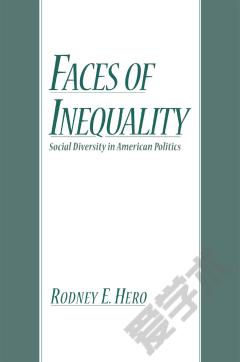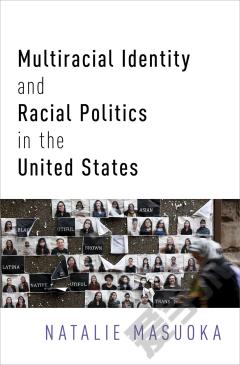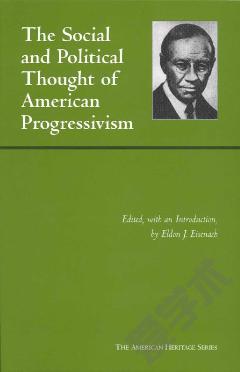Faces of Inequality —— Social Diversity in American Politics
----- 面对不平等:美国政治中的社会多样性
The distinctive thesis of Faces of Inequality is that a state's racial and ethnic composition, as much as any other factor, shapes its political processes and policies. To understand state politics, therefore, we must consider them from the perspective of social diversity. Scholars have broadly acknowledged that racial and ethnic diversity are central to American political history, but Rodney E. Hero is the first to posit and systematically examine this diversity as essential to our understanding of contemporary American politics. In these pages, Hero regards race/ethnicity as an American "dilemma" whose importance transcends state boundaries, yet whose impact upon U.S. politics varies widely. He classifies states' social diversity patterns as homogenous, heterogeneous, or bifurcated, and demonstrates how these patterns influence political tendencies. Social diversity, he finds, is strongly related not only to political processes, but also to specific policies and outcomes, such as educational policies, incarceration rates, and infant mortality. Hero's interpretation provides a new way of looking at state politics, one that causes us to broadly rethink U.S. politics from the standpoint of social diversity. A bold interpretation of the American political experience (especially at the state level) that is as challenging as it is timely, Faces of Inequality will be of interest to all students of race and politics in contemporary America.
{{comment.content}}








 京公网安备 11010802027623号
京公网安备 11010802027623号